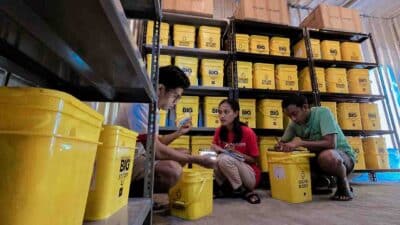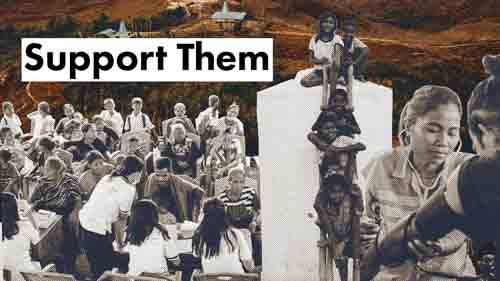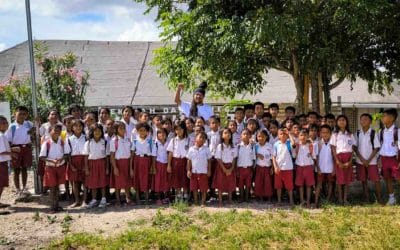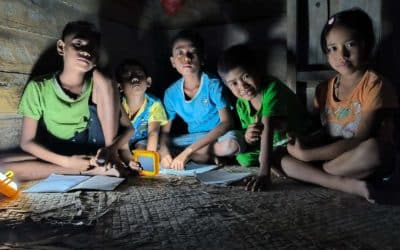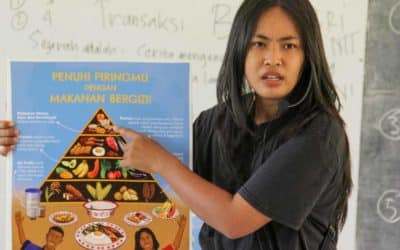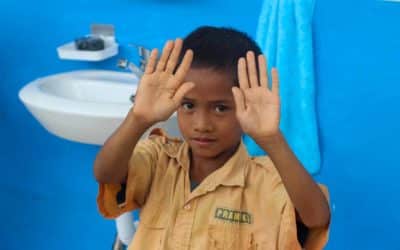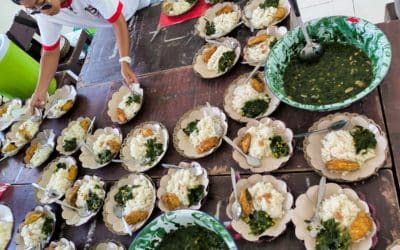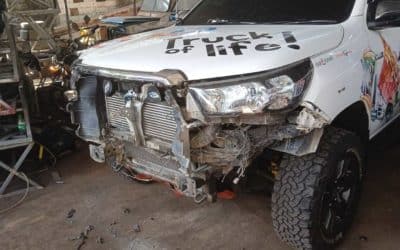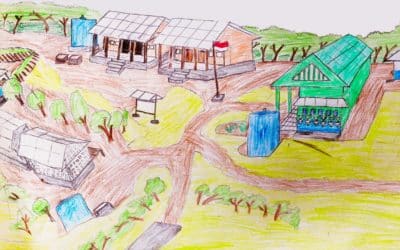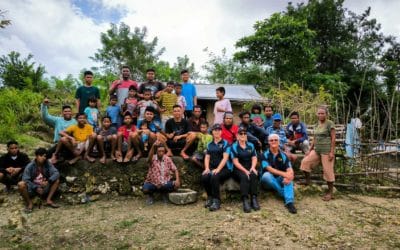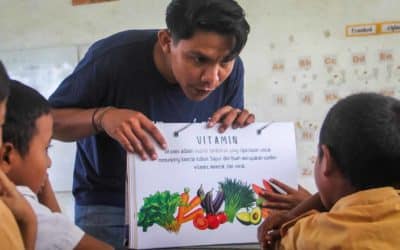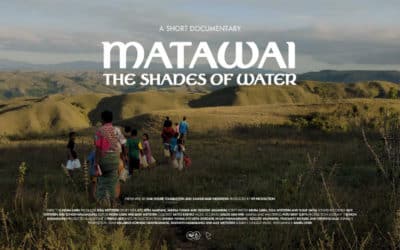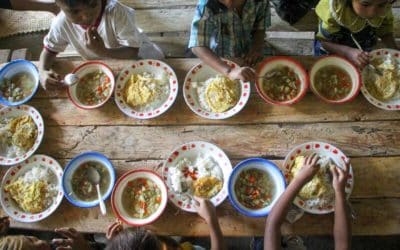Illness often begins long before someone arrives at the hospital. Our campaigns on smoking, waste management, alcohol, and sexual health display straightforward messages across schools and village walls in local languages. Through simple posters, talks, and games, we help protect thousands of children.
Donate
Support Care
Programs
All projects
Quick News
Field updates
Stories
Field stories
Welcome to the Fair Future News! Our teams have crafted each article, story, and update.
These pages showcase unique content reflecting our mission, work, and community interactions.
True stories. Real people. Humanitarian action in motion.
Here you’ll find stories from the field—100% real, 100% original. Every article is written by us, by those who live these moments, walk these roads, and treat these illnesses. We write them by hand, after the long days, often from tents or remote villages, because we believe in showing what’s real.
The people, the lives, the wounds, the repairs—this is not fiction. This is our daily reality in ultra-rural Indonesia. Every photo is taken by us. Every word comes from those who act. From emergency responses and clean water to child health and malaria cases, these stories reflect both the daily struggles and the incredible strength of those we serve.
Our News page is more than just updates. It’s a record of direct action. A collection of emotions, medical cases, construction progress, and social encounters. We don’t write for clicks—we write for those who care, those who want to know, and those who support our mission.
It’s raw, human, sometimes difficult, but always true. Read them, share them, let them move you. This is how change begins—with knowledge, emotion, and connection.
Alex Wettstein – Fair Future Foundation – Updated in June 2025
Your donation becomes real medical care
Help us reach the unreachable. Every franc you give funds medicines, dressings, tests, and clean water to prevent sickness. It powers solar lights for cold vaccines and night care. It keeps Kawan Sehat agents and Fair Future teams travelling hours to remote villages without doctors or clinics.
Our latest articles
If We Don’t Do It, Then Who Will? Global Water Crisis
The 10th World Water Forum has come to a close, but our mission persists. At the Fair Future Foundation, we are dedicated to tackling the global water crisis by supplying clean water to the most remote and underprivileged communities. Despite facing challenges and setbacks, our resolve remains steadfast. The driving question that motivates us is, “If We Don’t Do It, Then Who Will?” This question propels our efforts each and every day.
Lighting Up Lives: SolarBuddy Impact on Kids’ Homes
In remote regions where darkness limits access to education and safety, the SolarBuddy program provides a beacon of hope. These solar-powered lamps are not just sources of light; they are tools for learning and safety, significantly improving the lives of children by expanding educational opportunities and reducing nighttime risks.
Healthy Living with Clean Water and Nutrition
In East Sumba, the Fair Future Foundation is transforming lives through its Water Connections program, providing clean water, improving hygiene, and promoting nutritious meals and healthy lifestyles for a brighter and healthier future for all.
Clean Water for Handwashing in Rural Communities
In East Sumba, the Fair Future Foundation’s #WaterConnections project has improved access to clean water and hygiene. This initiative has reduced infectious diseases and improved living conditions by installing washbasins and handwashing stations. The Foundation has provided clean water to over 600 people in Laindatang, demonstrating the positive impact of their efforts.
Transforming Nutrition with Clean Water and Education
Fair Future and Kawan Baik are improving lives in rural areas by addressing malnutrition and poor health through clean water access and nutrition education. Our projects, including #WaterConnections, teach communities to grow and cook healthy foods, ensuring healthier lives for children and families. With support and guidance, we empower villages to improve their diets, health, and futures.
Truck of Life Repairs Boost Rural Health Aid
The Truck of Life, essential for reaching rural areas, has undergone major upgrades, including new solar panels, a 75-liter vaccine storage unit, and a redesigned layout, turning it into a mobile clinic. These improvements enhance its ability to provide vital healthcare services, addressing the challenges of accessing medical care in remote areas and managing important resources like the cold chain.
Eben’s Art Marks 15 Years of Fair Future and Water Aid
Eben’s journey from being a polio survivor to becoming an artist is central to Fair Future’s 15-year celebration. His artwork on the anniversary T-shirt represents hope and the impactful changes in Laindatang, brought about by the Water Connections project. This story is not only about overcoming adversity, but also about envisioning a future where clean water and healthy living are available to everyone.
Collaboration with Rotary Club Australia in East Sumba
From April 17 to 24, Fair Future hosted five members of the Rotary Club Australia. They visited East Sumba to learn about our work, including clean water projects and efforts to combat diseases like malaria and dengue. Together, we distributed SolarBuddy lights and promoted healthy living. We deeply appreciated their support.
Clean Water Brings Health and Happiness to Rural Areas
The Water Connections project by the Fair Future Foundation is transforming life in Laindatang, East Sumba. By providing clean water to 600 residents, including nearly 100 schoolchildren, we are not only improving hygiene and reducing the risk of diseases like malaria, polio, and tuberculosis, but also teaching sustainable living practices. Our dietitian’s efforts to promote healthy eating and our educational initiatives on hygiene are empowering this extremely rural community to thrive. Support our mission to create a healthier future for all.
Premiere of Matawai: Water Crisis in East Sumba
Join us on May 8 for the YouTube premiere of ‘Matawai: The Shade of Water’. Directed by Indira Larin, this 15-minute documentary unveils the acute water crises facing East Sumba’s communities and the life-changing impacts of the #WaterConnections program. Discover how we are tackling the essential need for clean water and fighting diseases like malaria through innovative solutions.
Choosing Health: Navigating healthy vs unhealthy foods
Fair Future Foundation’s latest initiative unveils the stark contrast between healthy vs unhealthy foods. With a vividly illustrated poster, this campaign sheds light on the dietary choices that lead to a healthier life. Dive into an educational journey that empowers individuals and communities to prioritize nourishment over mere satisfaction. It is a call to action, a plea for food that nourishes the body and mind, forging a more nutritious, informed, and resilient society.
Eben’s Art: Hope & Resilience in Laindatang’s Shadows
Eben’s story shines as a beacon of hope in Laindatang. With each stroke of his pencil, he fights the shadows of poverty and illness. Through our healthy living programs, the Fair Future Foundation presents Eben’s journey from hardship to optimism. His 45 drawings are much more than art; they convey messages of resilience, strength, and aspirations for a better future.



